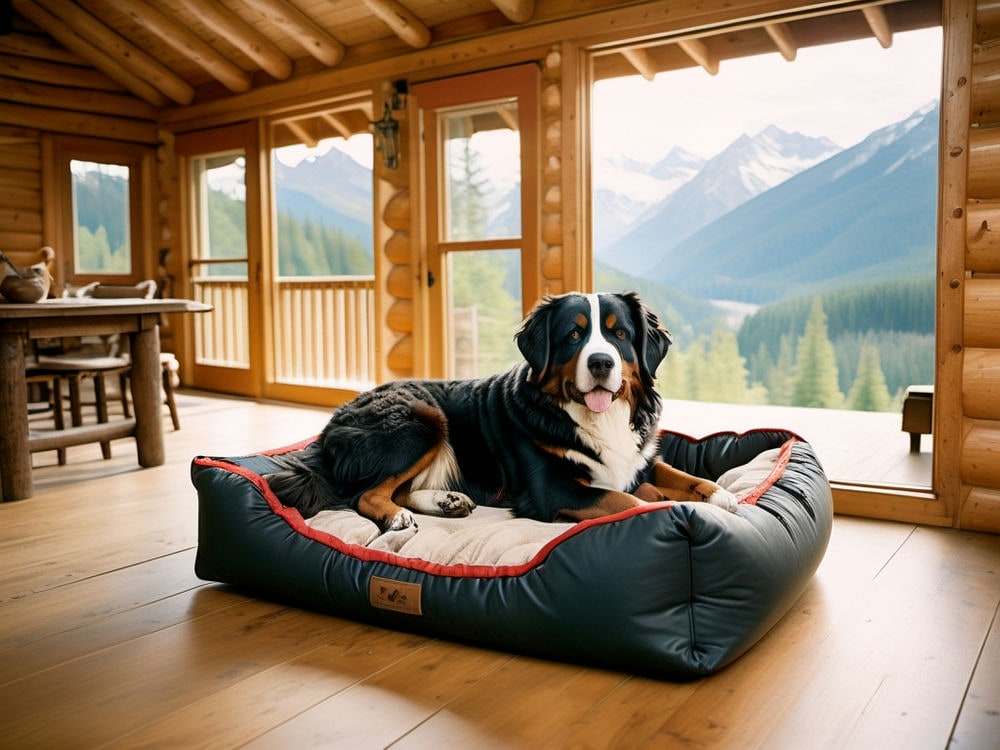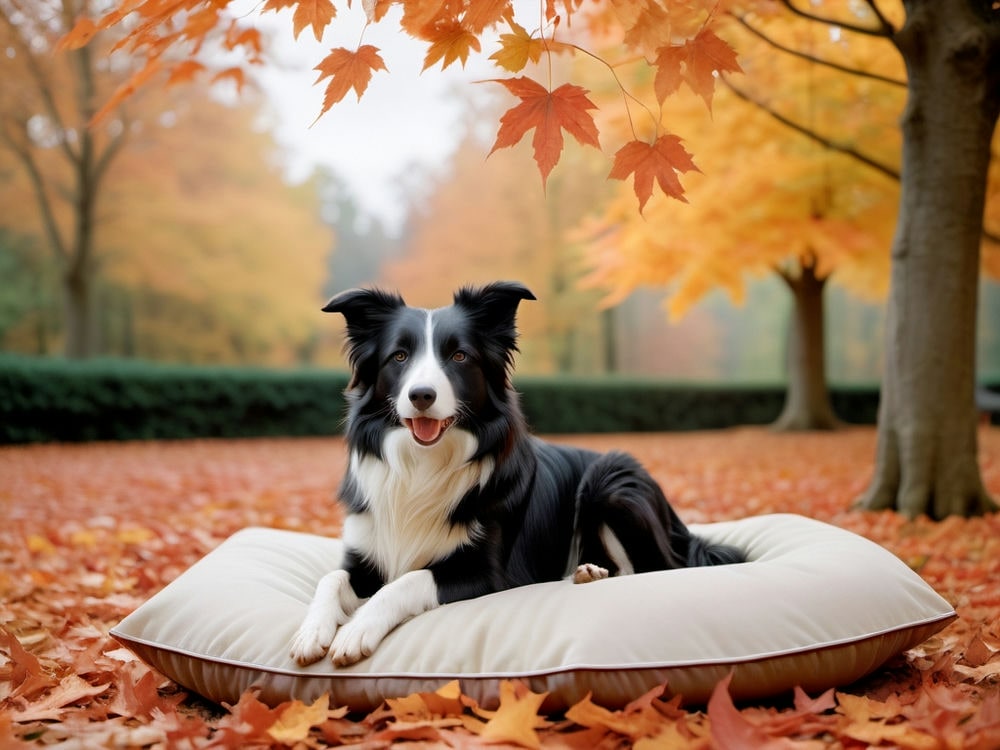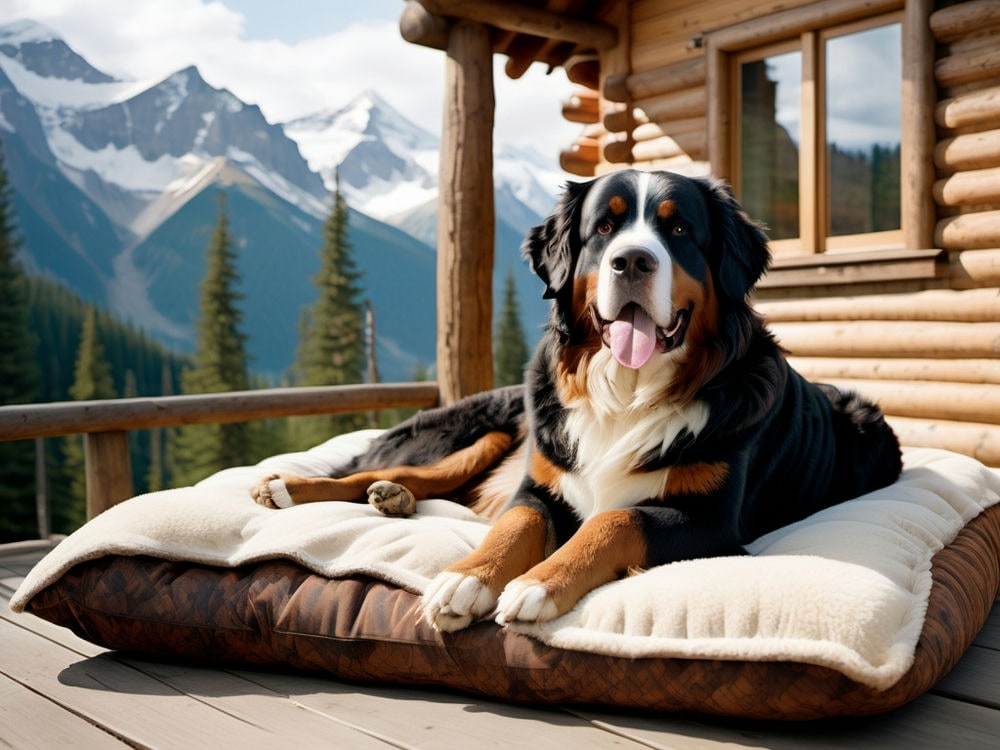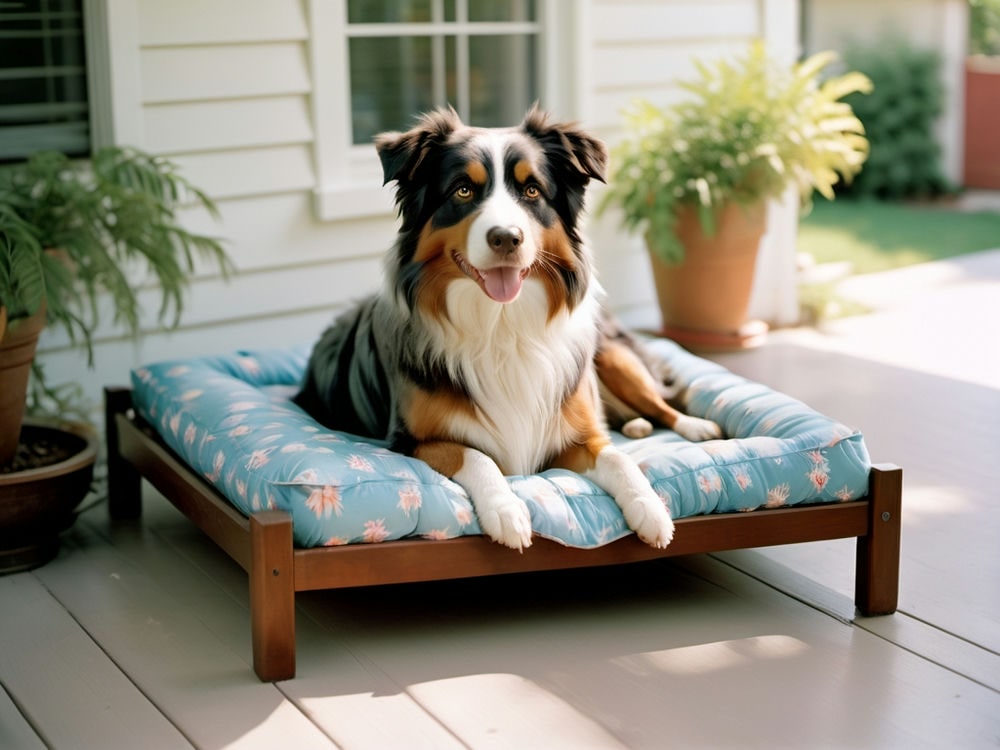The Essential Guide to Caring for Aging Dogs
Understanding the aging process in dogs
As our furry companions grow older, **understanding** their needs becomes crucial. Dogs age at a faster rate than humans, making it essential to be aware of the changes they may experience as they get older.
The Essential Guide to Caring for Aging Dogs - Chewy
- house cat
- Chewy
- weight
- foam
One important aspect of understanding the aging process in dogs is recognizing **the** signs of aging. Non-skid bottoms ensure the bed stays in place Orthopedic Beds and Your Senior Dog's Quality of Life cushion. Dogs of all sizes can find a suitable orthopedic bed Bonza Orthopedic Dog Beds product certification. These can include gray hair, decreased energy levels, changes in appetite, and mobility issues. It's also important to keep an eye out for any unusual behaviors or symptoms that may indicate underlying health problems.
Another key factor in caring for aging dogs is providing them with a nutritious diet tailored to their specific needs. Older dogs may require different types of food that are easier on their digestive systems and help maintain their overall health. Regular exercise is also important to keep your senior dog active and maintain muscle tone.
Regular veterinary check-ups are essential for monitoring your dog's health as they age. **It** is recommended to have semi-annual visits to catch any potential issues early on. Your vet can also recommend supplements or medications that may help alleviate common age-related ailments such as arthritis or cognitive decline.
In conclusion, understanding the aging process in dogs is vital for providing them with the best possible care as they enter their golden years. By staying informed and proactive about your dog's health needs, you can ensure that they continue to lead a fulfilling life well into old age.




